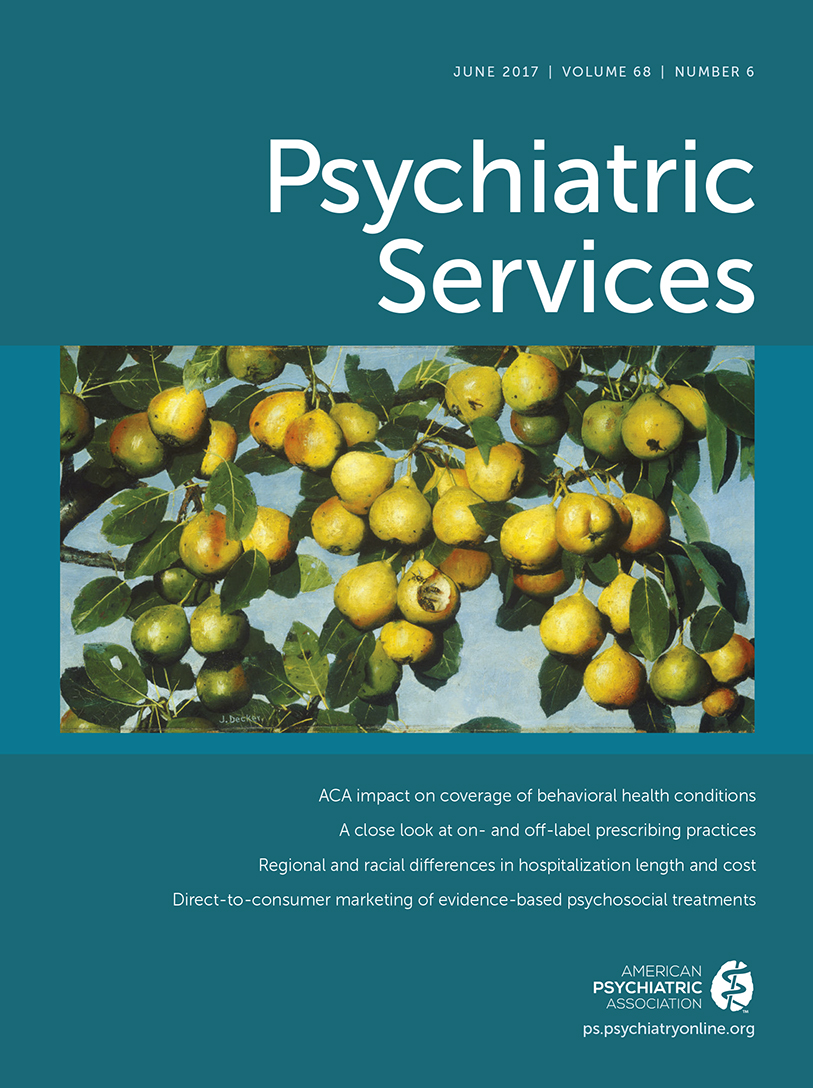PTSD Care Among Veterans With and Without Co-Occurring Substance Use Disorders
Abstract
Objective:
This study examined whether a co-occurring substance use disorder contributed to disparities in receipt of Veterans Health Administration (VHA) posttraumatic stress disorder (PTSD) specialty care or psychotherapy.
Methods:
Logistic regression, controlling for sociodemographic characteristics, was used to examine predictors of PTSD care among 424,211 veterans with confirmed PTSD (two or more PTSD diagnosis encounters) who accessed care in a VHA facility between fiscal years 2009 and 2010.
Results:
Overall, 16% of veterans had PTSD and a co-occurring substance use disorder diagnosis. In adjusted analyses, veterans with a co-occurring substance use disorder were more likely than veterans with PTSD alone to receive any outpatient PTSD specialty care and complete eight or more sessions of outpatient psychotherapy within 14 weeks, but they were less likely to be treated in inpatient PTSD specialty units.
Conclusions:
Co-occurring substance use disorders did not appear to hinder receipt of outpatient specialty PTSD treatment or of sufficient psychotherapy among VHA-enrolled veterans.



